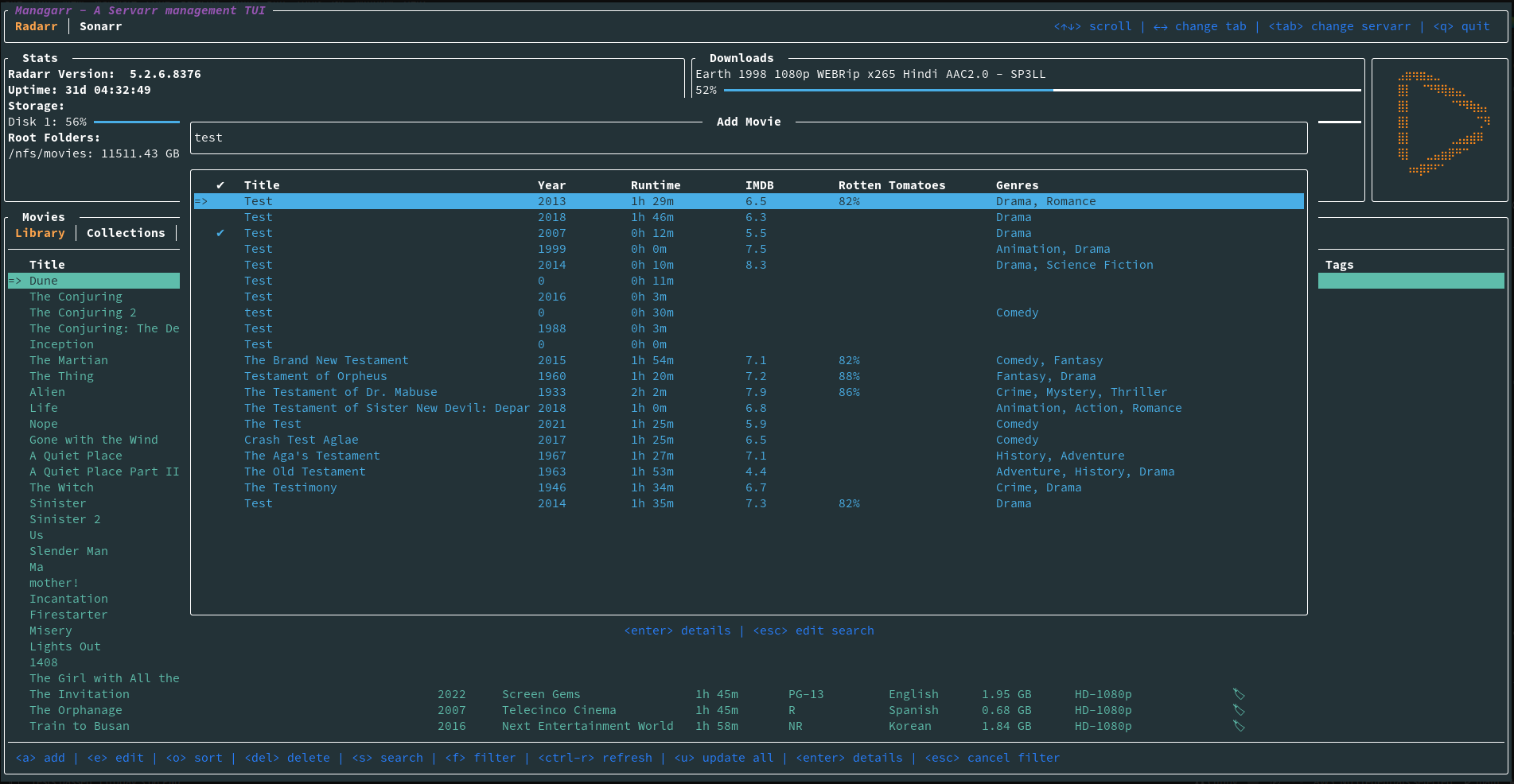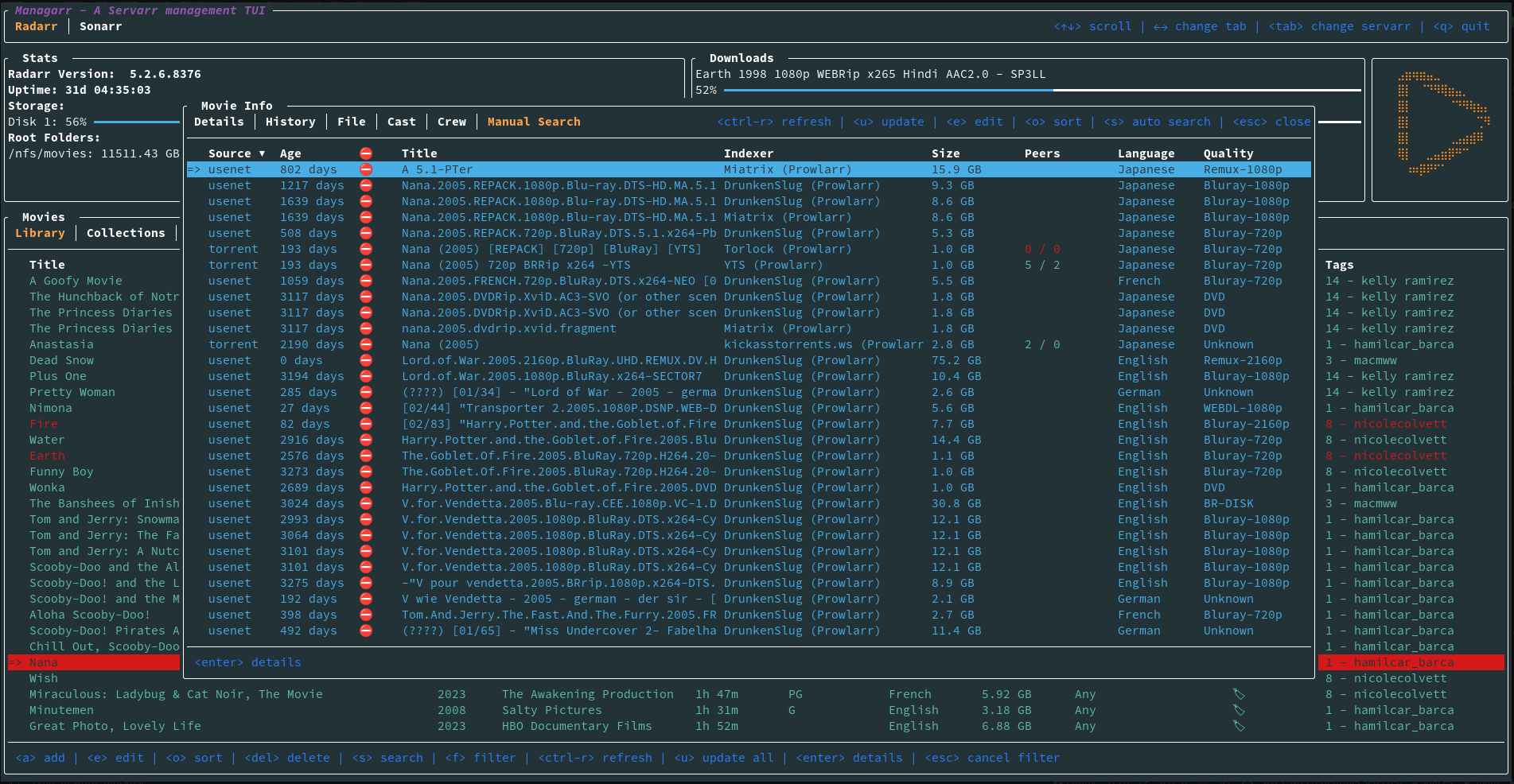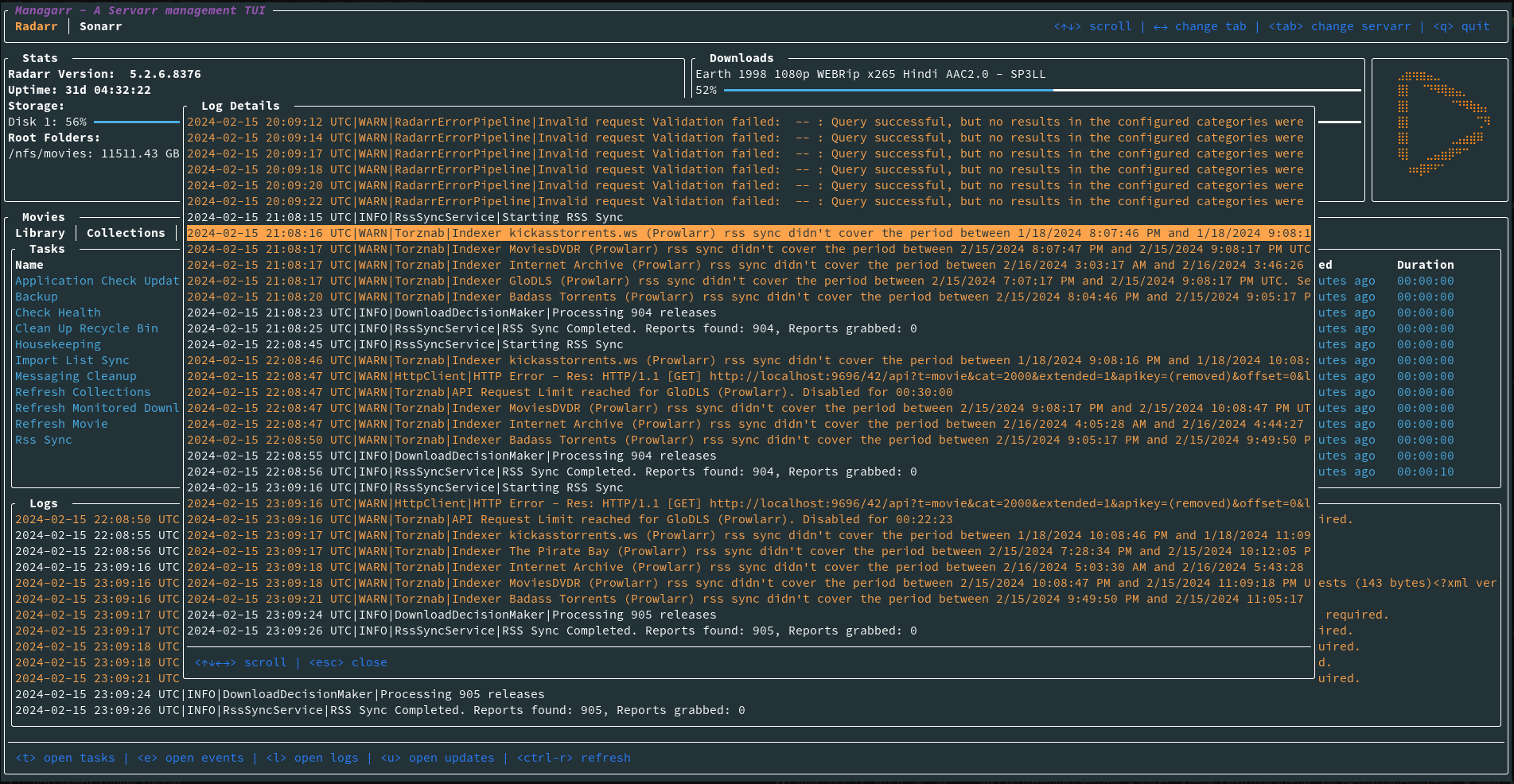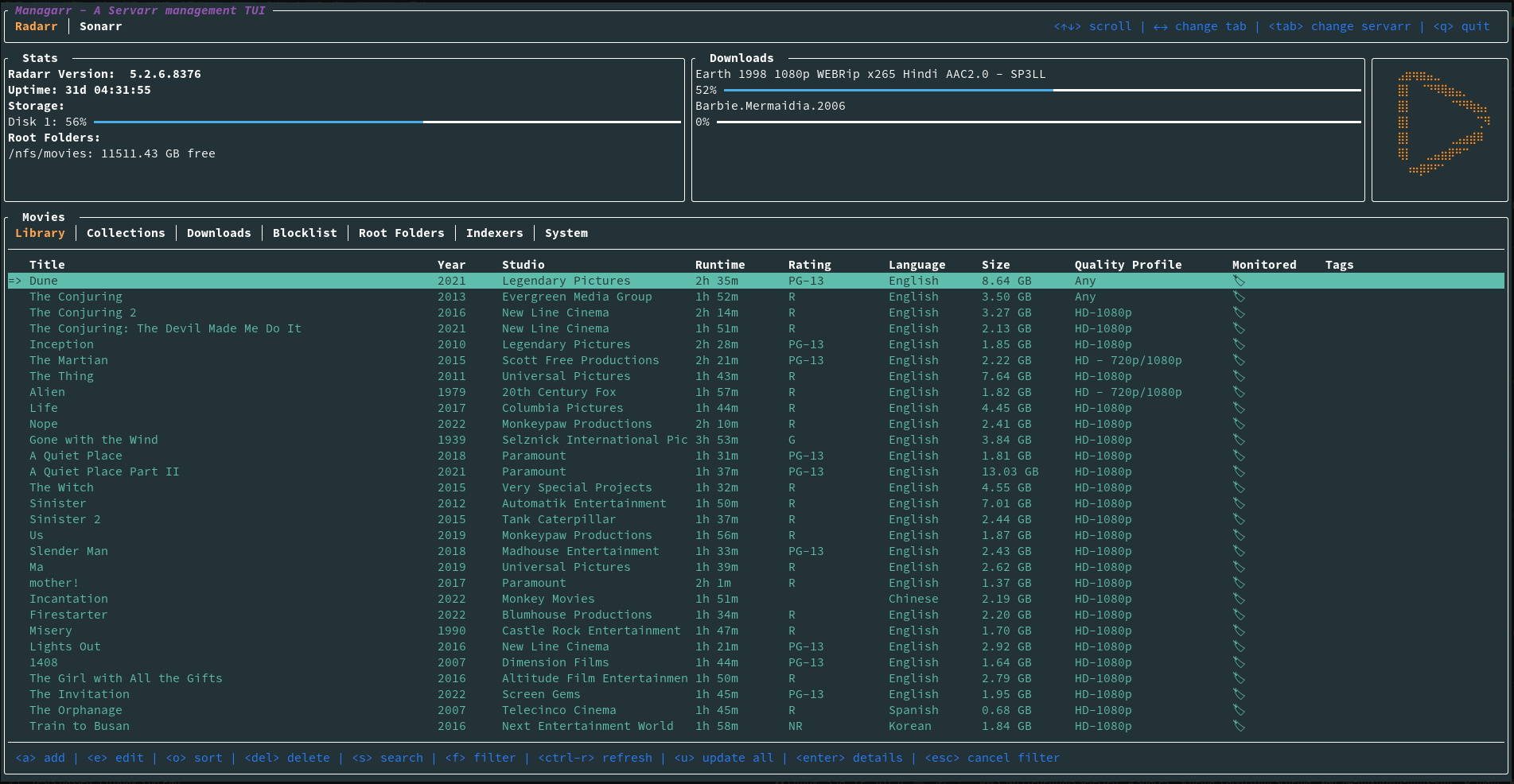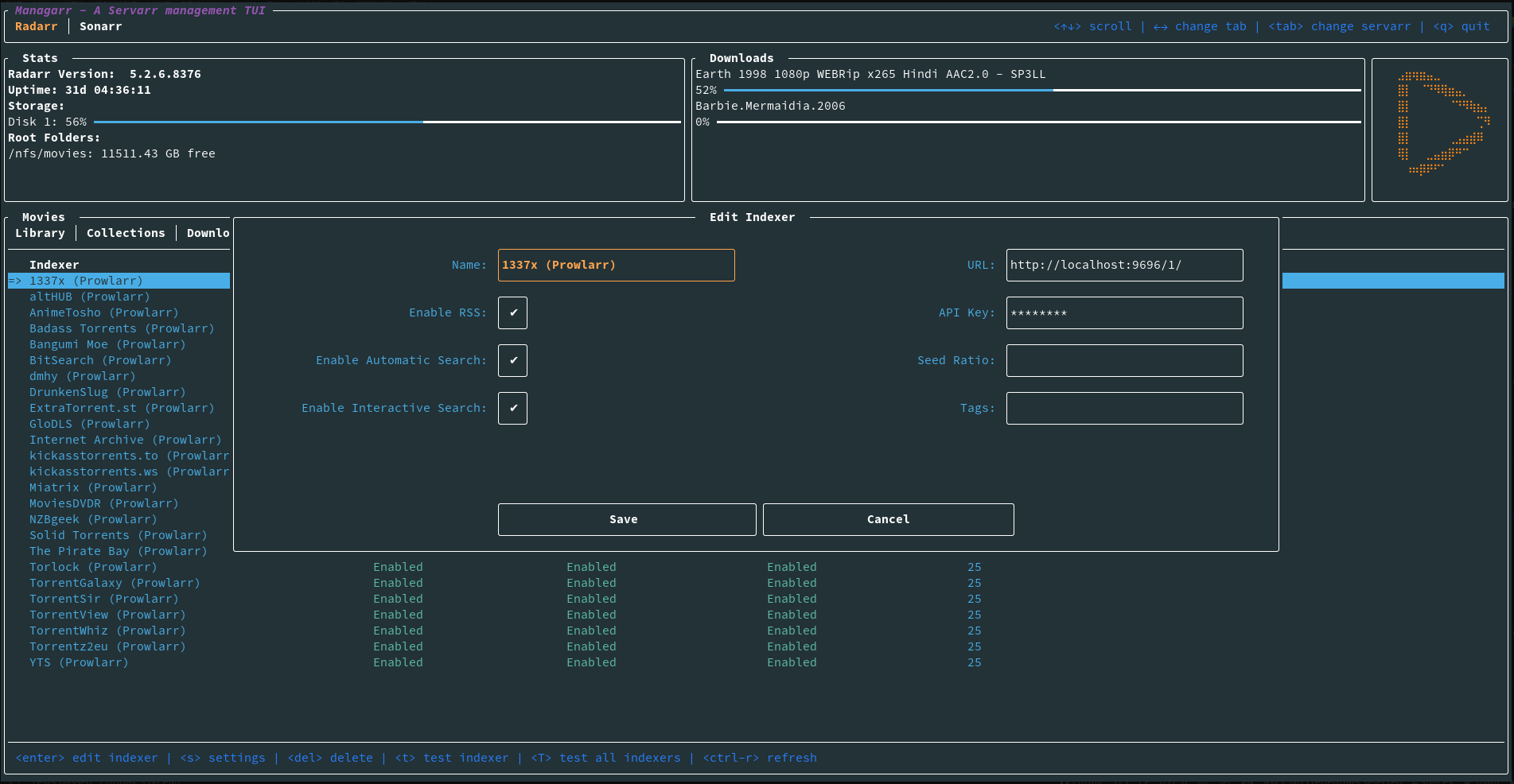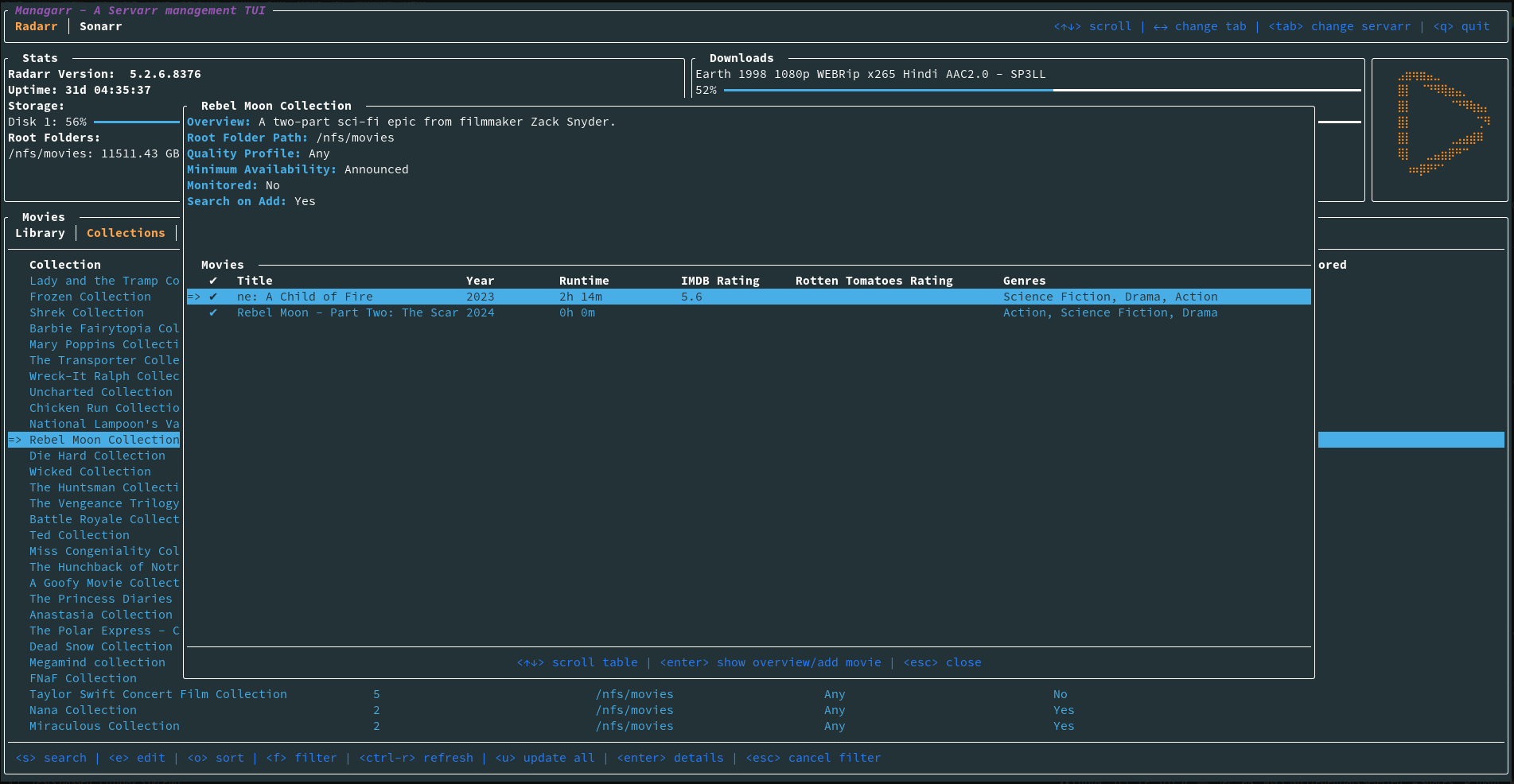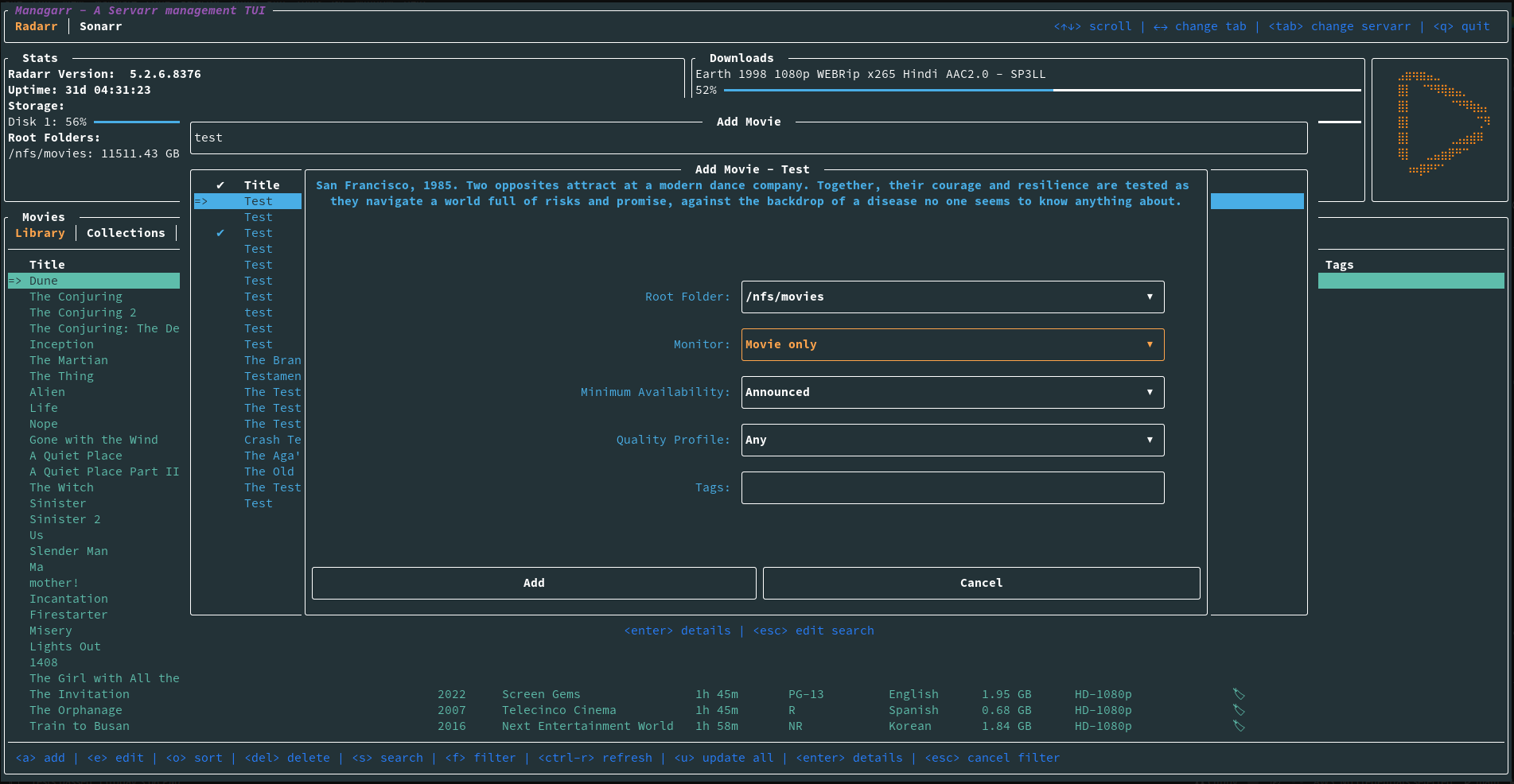Open Source
31900 readers
149 users here now
All about open source! Feel free to ask questions, and share news, and interesting stuff!
Useful Links
- Open Source Initiative
- Free Software Foundation
- Electronic Frontier Foundation
- Software Freedom Conservancy
- It's FOSS
- Android FOSS Apps Megathread
Rules
- Posts must be relevant to the open source ideology
- No NSFW content
- No hate speech, bigotry, etc
Related Communities
- !libre_culture@lemmy.ml
- !libre_software@lemmy.ml
- !libre_hardware@lemmy.ml
- !linux@lemmy.ml
- !technology@lemmy.ml
Community icon from opensource.org, but we are not affiliated with them.
founded 5 years ago
MODERATORS
151
152
294
FFmpeg devs boast of up to 94x performance boost after implementing handwritten AVX-512 assembly code
(www.tomshardware.com)
153
154
155
156
157
158
72
WikiLambda, backend for Wikifunctions, rewrites itself from Node.js (!!) to Rust
(www.wikifunctions.org)
159
160
161
162
163
164
165
166
167
168
169
170
171
172
173
174
175

